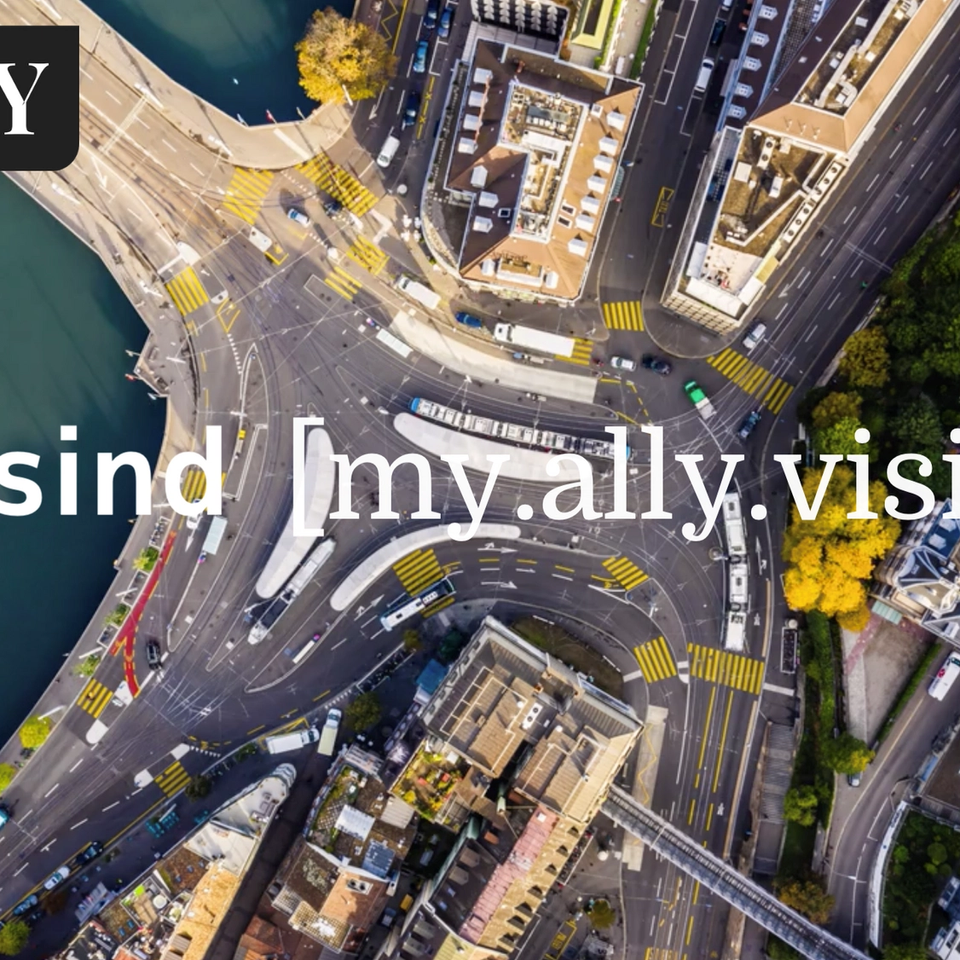

"Your horse is dead? Get off!" is the title of Tom Diesbrock's best-selling book. If only it were that simple. How often do we hold on to people, habits or things even though we know full well that they are over? What's behind it, what awaits us when we quit and why it's worth it for exactly that reason, you'll find out in this article.
There are many different reasons why we humans find it difficult to let go and love to hold on. When I hold on to something, I feel connected to it, not to myself alone, and one of the central motives here is the theme of "security". Many people hold on to things, partnerships, friendships, patterns or even jobs out of fear and the corresponding strong urge for security. Fears such as "being abandoned", "being outcast" or "being alone" play an important role in our own need for security. We often cling to old familiar things out of fear of the new, because this causes a familiar, safer feeling in us than if we turn to the uncertainty of the new. This can go so far that I am even willing to hold on to painful memories, I identify with the pain, I also accept it as my own identity, and so I feel secure myself In a painful security, but at least a security that is triggered by a familiar feeling.
The moment exists neither in the past nor in the future. It is the only moment of our reality, the access to being and the moment of creation.
We also often cling to a cause or belief because giving up can feel like defeat. You've already put a lot of time and money into something, a partnership, a dream, or a project, and even though it's not working, we hold on to it. Giving up can be bitter, but it can also free us, bring us back to ourselves and realign us so that we can find energy and joy for ourselves again. Because holding on can also mean "bound," tied to shackles that keep me in the prison of my self. So letting go also always resembles an inner farewell to a thought pattern, an idea or a conviction, and often we have to let go without knowing exactly what will come afterwards when we cast off the shackles. It can happen that at first we feel worse, emptier. This is because letting go means that something familiar goes from us, creating a vacuum and no direct replacement is immediately apparent. But when you realize that by letting go you also come one step closer to yourself, then you will realize that you yourself are the replacement for what has been let go.

Zugang zu Hunderten von Videos für Deine körperliche, geistige und spirituelle Entwicklung, Live-Workshops und Kontakt zu Gleichgesinnten, wo immer Du bist. In einer monatlichen oder jährlichen Mitgliedschaft.
CHF 44.– pro Monat
CHF 319.– pro Jahr(du sparst 40% / CHF 200.-)
❤️❤️ We work on Ally.Vision with passion. Thanks for your support! ❤️❤️